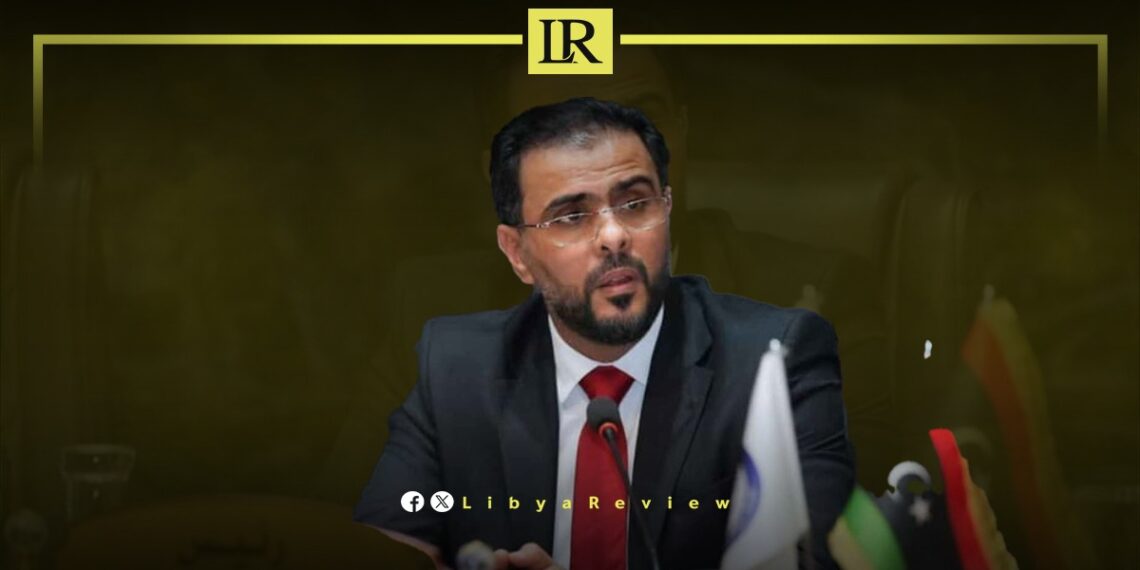The Prime Minister of Libya’s House of Representatives-designated government, Osama Hammad, accused the UN Support Mission in Libya (UNSMIL) and several European and regional powers of fueling the country’s political division, claiming that the split “was not created by Libyans themselves but driven by foreign interests.”
Speaking in an interview with the Italian newspaper Notizie Geopolitiche on Saturday, Hammad said the UN Mission “bears direct responsibility” for deepening the divide by refusing to recognize his government, asserting that “the mission participated in dividing the country in coordination with Western, Arab, and regional states.”
Hammad added that European governments have offered no real cooperation or funding, instead channeling support to rival political entities, including the outgoing Government of National Unity (GNU) led by Abdel-Hamid Dbaiba. “Had these countries cooperated with my government, it would have been possible to seal off Libya’s southern desert to irregular migrants,” he said.
He criticized the lack of international engagement, saying Libya spends large sums on migrants, yet “the international community and European countries show no genuine concern for them.”
Reconstruction and Governance
Discussing reconstruction, Hammad said Libya had witnessed little progress since 2011 until the House of Representatives government assumed power. He credited the Parliament and the Libyan National Army (LNA), led by Field Marshal Khalifa Haftar, for intensifying reconstruction efforts.
He noted that the idea of rebuilding began under former prime minister Fathi Bashagha, and that since taking office, he, alongside Haftar and his sons Belqasem, Khaled, and Saddam, has prioritized reconstruction in territories under army control.
“Derna has become a modern city two years after the Storm Daniel disaster,” Hammad said, adding that reconstruction continues in Benghazi, with 60% of Tika International Airport completed and the first phase of Benghazi Port nearing delivery.
Security and Territorial Control
Hammad stated that forces under the General Command control nearly 80% of Libya’s territory, including all of the south and east and much of the west. He insisted that the Libyan Army is capable of preventing further division, stressing: “Any citizen who believes Libya is heading toward partition must believe in the army — it belongs to all Libyans, not to one region.”
He attributed progress in the east and south to “unity among institutions, the Reconstruction Fund, and the leadership of the army.”
Foreign Policy and Russia’s Role
Responding to Italian concerns over Russian influence in eastern Libya, Hammad said: “Libya is an important country that all nations covet. If Libya decides that its interests align with Russia, America, or Italy, that decision belongs to the Libyan state. Cooperation with all countries serves Libya’s national interest.”


